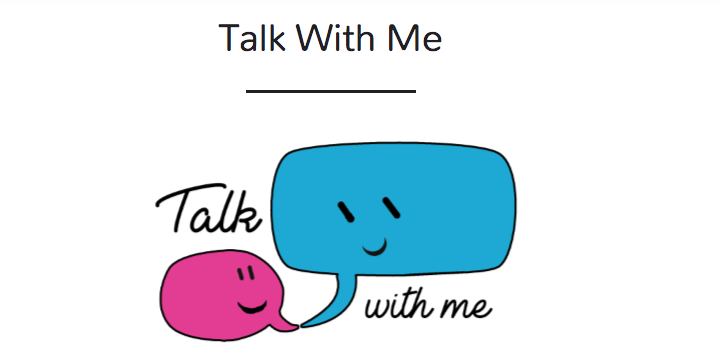REFLECTIONS AND EVIDENCE
Being reflective is one attribute of the IB learner profile: “We thoughtfully consider the world and our own ideas and experience. We work to understand our strengths and weaknesses in order to support our learning and personal development.”
Reflection is a dynamic means for self-knowing, learning and decision-making. Meaningful reflection can lead to improved problem-solving, higher cognitive processes and greater depth of understanding in addition to exploring how CAS experiences may influence future possibilities. Four elements assist in the CAS reflective process:
• Describing what happened: retelling memorable moments, identifying what was important or influential, what went well or was difficult,obstacles and successes.
• Expressing feelings: articulating emotional responses to experiences.
• Generating ideas: Rethinking or re-examining choices and actions increases awareness about self and situations.
• Asking questions: Questions about people, processes or issues prompt further thinking and ongoing inquiry.
Reflection can happen at any point within an experience, and we encourage students to identify moments worthy of reflection - these don’t necessarily come at the end of an experience. The appropriate occasion, amount and method is the student’s decision.
The following examples may be helpful:
- • Students choose significant moments as the basis for reflection, for example when:
- a skill is mastered
- a challenge is confronted
- emotions are provoked
- achievement deserves celebration
• Students reflect during or at the end of a CAS experience or series of CAS experiences, to identify important moments, discuss a possible
• Students engage in group reflection with their peers to discover shared insights.
• Students reflect at the beginning, during, and at the end of a series of CAS experiences. This enables students to deliberate on such
Reflection is not a natural or innate process - we need to learn how to be reflective. Advisors and the CAS team will give students feedback on their reflections and guidance on how to develop this skill.
Whilst written reflections are the most common method, they are not the only form. Some students may benefit from exploring other means, whilst bearing in mind that reflections need to be uploaded to ManageBac. Some examples are given here:
written...

Written reflections (often referred to as a journal)
• Do not need to be written in formal prose, but may be point form
• Short blog style comments can still provide for powerful reflections
• Answer the CAS questions on ManageBac
oral...

Oral reflections - record yourself and upload to Managebac
• During interviews with your CAS Advisor.
• During discussions with your activity supervisor
• Discussions with other group members (where applicable)
• Record your own podcast and upload in Managebac
visual...

• Murals
• Creative design
• Sculpture
• Collage
creative...

• A comic strip
• Poetry
• A letter to the editor / an editorial
• A video / short film
• Animation
We ask that students reflect on all long term CAS experiences including projects and CAS week as these are likely to give the opportunity for meaningful reflection. It is not necessary that reflection happens with all short term experiences: students are encouraged to decide and take into consideration that they need to have evidence of meeting all the learning outcomes by the end of the programme.
Further guidance, examples and prompts for your own reflections can be found below:
Further Guidance and Reflection Questions
Sample reflection 3 An example of a reflection with identified learning outcomes
Examples of written reflections - by LO
Examples of quality of reflections that you should be aiming for!
Questions for service reflection
LO 7: Ethics of choices and actions Some questions to help you think about the opportunities for achieving this learning outcome
